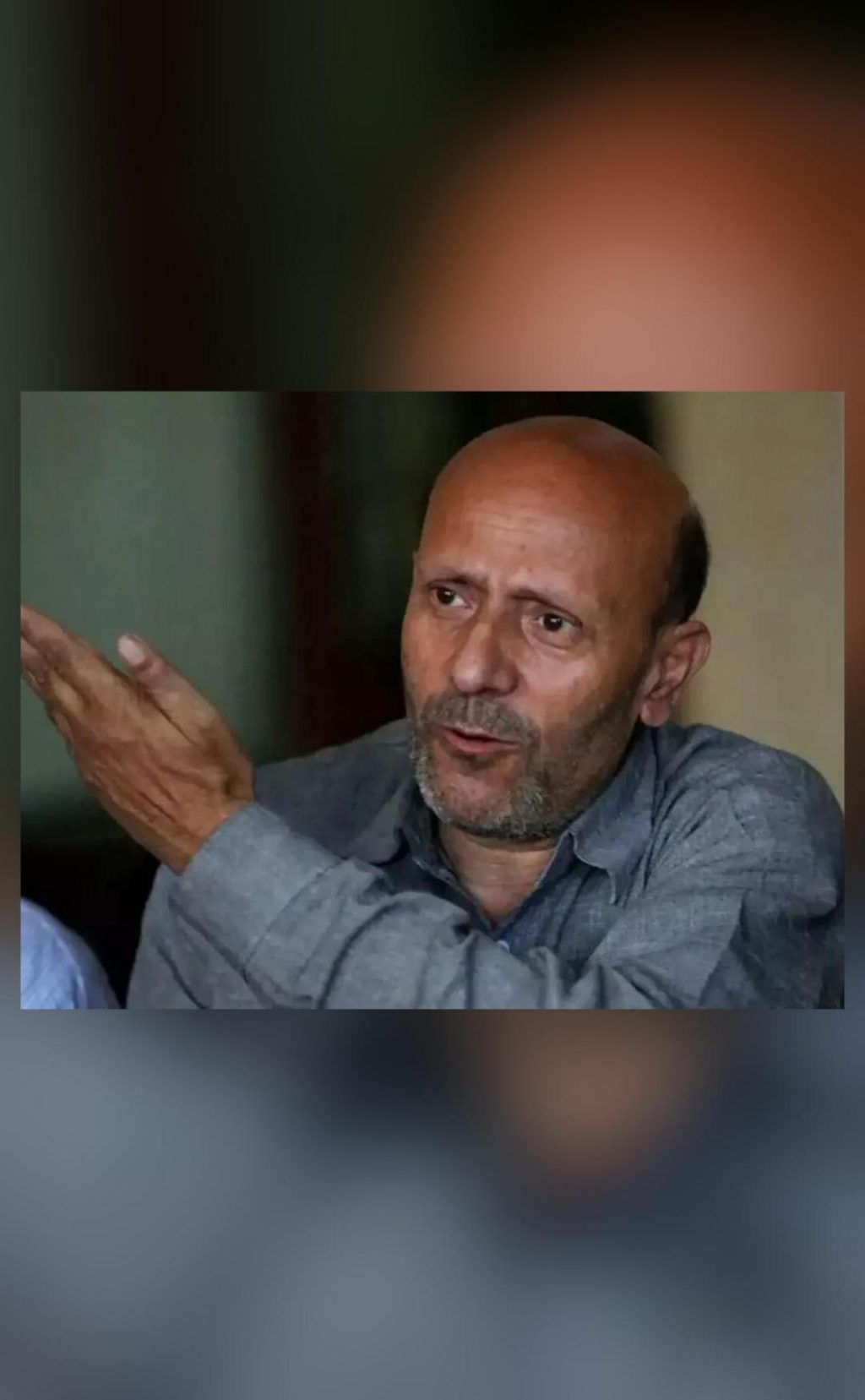
Jailed J&K MP Engineer Rashid gets parole to attend Parliament
In a significant development, the Delhi High Court has granted two-day custody parole to jailed Baramulla MP Engineer Rashid to attend the ongoing budget session of Parliament. The court imposed several conditions on Rashid, including a ban on using phones, the internet, and speaking to media or anyone else. This is a rare instance where a parliamentarian facing trial in a terror funding case has been granted parole to attend the parliamentary proceedings.
Engineer Rashid, a member of the Jammu and Kashmir People’s Democratic Party (PDP), has been lodged in Tihar Jail since March 2020 in connection with a terror funding case. He was arrested by the National Investigating Agency (NIA) on February 27, 2020, under the Unlawful Activities (Prevention) Act (UAPA) and other charges. Rashid has denied all the allegations levelled against him and has been claiming that he is being targeted for his political stance.
The Delhi High Court’s decision to grant Rashid parole came on a petition filed by his counsel, who argued that the MP’s presence was necessary in Parliament to participate in the budget session and raise issues related to Jammu and Kashmir. The court, while granting parole, imposed several conditions to ensure that Rashid does not misuse his freedom.
According to the conditions imposed by the court, Rashid will be escorted by police during his stay in Delhi, and he will not be allowed to use his phone, the internet, or speak to anyone, including media personnel. The MP will also not be allowed to leave Delhi during the two-day parole period. These conditions were imposed to ensure that Rashid does not compromise the investigation or influence witnesses in the case.
The court’s decision has been welcomed by Rashid’s supporters, who claim that the MP’s presence in Parliament is essential to raise the concerns of the people of Jammu and Kashmir. Rashid has been a vocal critic of the Centre’s policies on Jammu and Kashmir, and his presence in Parliament is expected to add to the debate on the issue.
The Centre, however, has been critical of Rashid’s grant of parole, arguing that it is premature to grant him parole when the trial is ongoing. The Centre has also questioned the need for Rashid’s presence in Parliament, claiming that his MP status does not entitle him to special treatment.
The grant of parole to Rashid has raised questions about the Centre’s handling of the case. Critics argue that the Centre is trying to muzzle Rashid’s voice by keeping him in jail and denying him the chance to participate in parliamentary proceedings. Rashid’s supporters, on the other hand, claim that the Centre is trying to silence him for his opposition to its policies on Jammu and Kashmir.
The case against Rashid is a high-profile one, and the Centre has been under pressure to ensure that the trial is conducted fairly and impartially. Rashid’s supporters claim that the Centre is trying to frame him on false charges and that the case is a political vendetta against him.
The Delhi High Court’s decision to grant Rashid parole is a significant development in the case, and it is expected to add to the controversy surrounding the trial. The Centre’s decision to impose conditions on Rashid’s parole has also raised questions about the government’s intentions and its commitment to upholding the rights of parliamentarians.
As the budget session of Parliament continues, Rashid’s presence is expected to add to the debate on the issues related to Jammu and Kashmir. The Centre’s decision to grant him parole, despite the conditions, has been welcomed by Rashid’s supporters, who claim that it is a small step towards restoring democracy and upholding the rights of parliamentarians.






